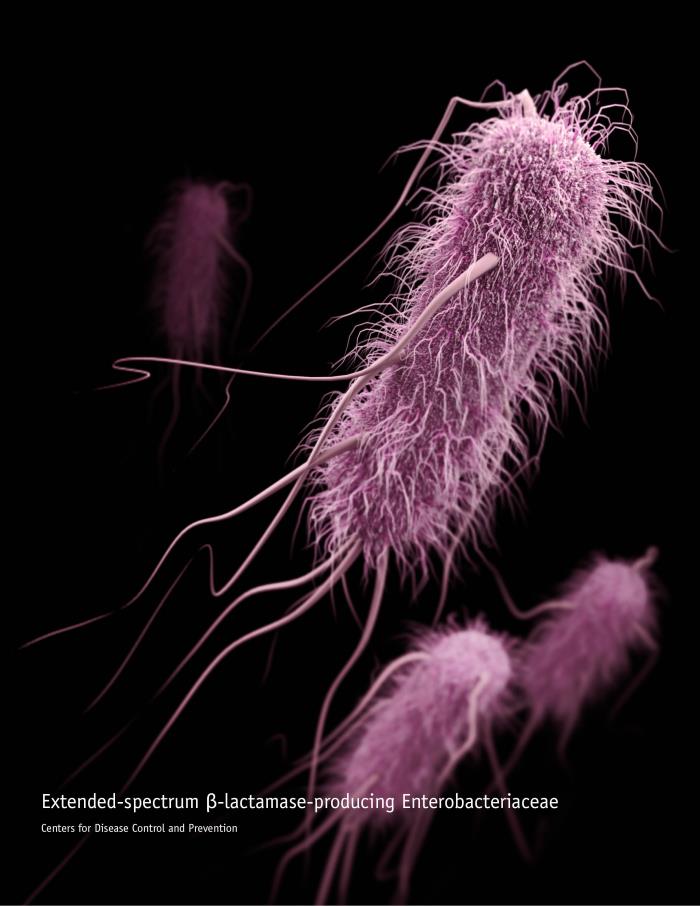Our E. coli lawyers help people with E. coli kidney failure by filing a lawsuit against the company responsible for selling poisoned food. The money we win for our clients, many of them children, sends a message to companies that food safety needs to come before profits.
Our Law Firm’s Message to Families Affected by Kidney Failure From E. coli
- No one in the family is to blame for the E. coli food poisoning infection. Many of our E. coli clients were sickened by beef or produce that was prepared and served at home. Some of the families we help are plagued with guilt. Both legally and morally, the companies that allowed the meat to be contaminated, distributed contaminated meat, and sold contaminated meat are responsible for the E. coli infection and the resulting complications, including HUS and TTP. Eating a hamburger, lettuce, spinach, strawberries, milk, or any other food should never make someone seriously ill.
- You have the right to sue the companies responsible for the E. coli infection for compensation. Your loved one with HUS and/or TTP may have a lifetime of medical expenses, pain and suffering, and lost income. The uremia from kidney failure affects the brain, pancreas, heart, and the overall health of the E. coli victim. We have helped families facing the same issues you are right now. When you do call ask about our experience with HUS and TTP lawsuits. You need attorneys with experience in this area. Related information: “$45 Million Settlement for Kidney Failure.”
Contact our Lawyers if Your Loved One Has E. coli Kidney Failure
What is E. coli Kidney Failure?
E. coli kidney failure is the result of hemolytic uremic syndrome (HUS) or thrombotic thrombocytopenic purpura (TTP). HUS primarily affects children; TTP affects adults.
HUS and TTP occur after an infection of the digestive system by Escherichia coli O157:H7 (E. coli O157:H7) bacterium.

- The Escherichia coli O157:H7 (E. coli O157:H7) bacterium lodges in the digestive system and forms toxins (shiga toxins) that enter the bloodstream and start to destroy red blood cells (in HUS) and/or cause production of an excess number of platelets (in TTP).
- With E. coli HUS, the damaged red blood cells clog the tiny blood vessels in the kidneys, making it harder for that organ to remove wastes and extra fluid from the blood.
- With E. coli TTP, the platelets cause micro blood clots in the blood stream.
- When the kidneys fail due to HUS or TTP, the excess fluid and wastes may in turn cause high blood pressure (hypertension) or swelling of the face, hands, feet, or entire body.
- Other organs can be damaged, most frequently the brain, heart, and pancreas.
Symptoms of E. coli Kidney Failure
Early symptoms include the following:
- Fever
- Vomiting and Diarrhea
- Blood in the stools
- Irritability
- Weakness
- Lethargy.
Advanced symptoms include the following:
- Paleness
- Unexplained bruises
- Unusual bleeding
- Swollen limbs or generalized swelling
- Yellowish skin (jaundice)
- Extreme fatigue
- Decreased urine output
- Decreased consciousness.
Treatment and Long-Term Consequences
The most effective treatment consists of maintaining normal salt and water levels in the body. That approach eases the immediate symptoms and prevents further problems. Avoid antibiotics because they increase the risk of HUS, and avoid antidiarrheal agents as they prevent the body from eliminating the toxins.
HUS and TTP may require dialysis, sometimes for the duration of the patient’s life, or a kidney transplant. Because HUS and TTP can cause brain damage, severe cases can lead to permanent paralysis and/or mental impairment.